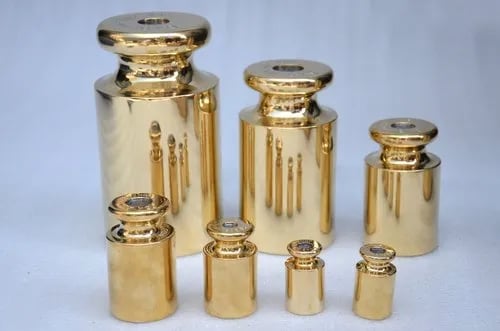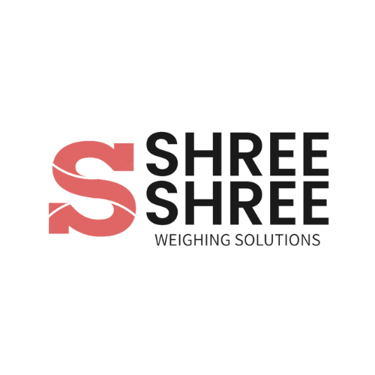Difference Between Iron Calibration Weights and SS 304 Weights: A Buyer’s Guide
Confused between iron weights and stainless steel bullion weights? This guide compares both, helping you choose the right one for your business or lab in Gujarat.
7/23/20252 min read


Introduction
Not all weights are created equal.
If you're buying certified weights for your business, whether for a platform scale, jewellery scale, or testing lab, you’ve likely seen both cast iron weights and SS 304 stainless steel bullion weights on the market.
So how do they compare? Which one is right for your purpose?
Here’s a detailed comparison to help you decide, courtesy of Shree Shree Weighing Solutions — Ahmedabad’s top dealer in certified weights.
🔍 Material & Composition
Iron weights are made from cast iron and typically coated with rust-resistant paint or enamel. They are rugged and built to handle rough industrial use.
SS 304 weights, on the other hand, are made from food-grade, corrosion-free stainless steel that is also non-magnetic. These are ideal for precision environments like labs and jewellery.
⚙️ Accuracy Level
Iron calibration weights are designed for general-purpose weighing and calibration tasks. They typically offer accuracy within F1 or M1 tolerance classes, which is acceptable for commercial and industrial platforms or weighbridges.
SS 304 bullion weights provide ultra-high precision and are manufactured to meet E1 or E2 OIML standards. These weights are suitable for highly sensitive balances and financial transactions involving gold, silver, and other precious metals.
🏣 Typical Use Cases
Iron weights are commonly used for calibrating heavy equipment like weighbridges, industrial platform scales, and in logistics and warehousing setups.
SS 304 bullion weights are essential in environments where precision is critical, such as jewellery shops, hallmarking centers, analytical laboratories, and NABL-certified test centers.
📋 Certification & Compliance
Both iron and SS 304 weights can be BIS-certified and legally stamped by the Weights and Measures Department.
However, SS 304 weights generally meet stricter international standards (OIML E1/E2), while iron weights fall under M1/F1 classes.
🚒 Portability & Packaging
Iron weights, especially those above 20 kg, are heavy and often require trolleys or forklifts to move. They are typically used in open environments like loading docks and GIDC zones.
SS 304 bullion weights are lightweight in comparison and come in velvet-lined or plastic cases to prevent contamination or loss. These are portable, lab-safe, and easier to store.
✅ How to Choose
Choose iron calibration weights if your primary need is to test or verify large-capacity weighing machines like weighbridges or industrial scales.
Choose SS 304 bullion weights if you're operating in a high-precision environment such as a gold showroom, lab, or hallmarking center where even the smallest measurement matters.
📍 Available Across Gujarat
At Shree Shree Weighing Solutions, we supply both iron and SS 304 weights across:
Ahmedabad
Rajkot
Gandhinagar
Surat
Vadodara
Mehsana
Bhuj
We ensure each weight is verified, calibrated, and legally compliant as per your application.
